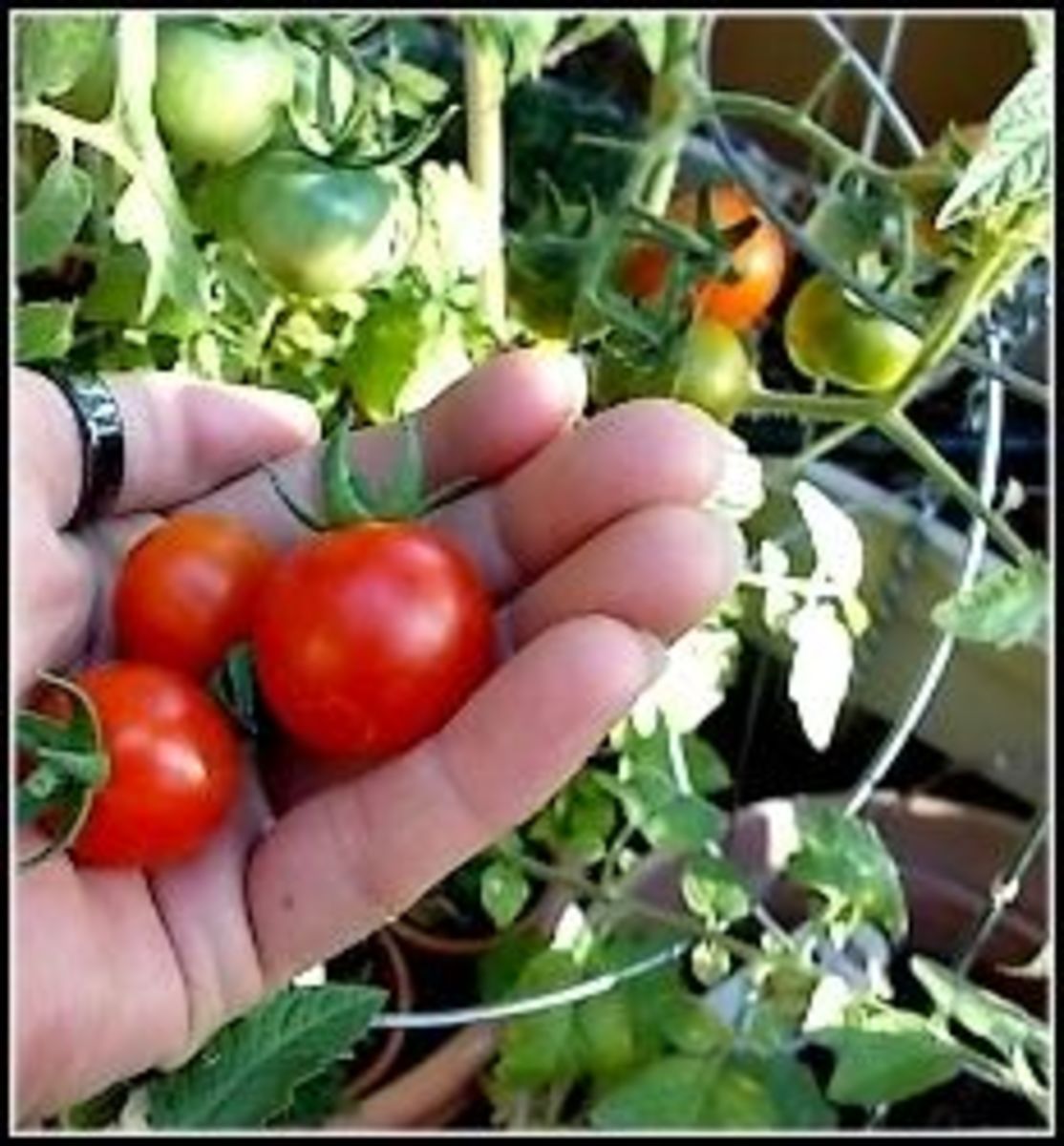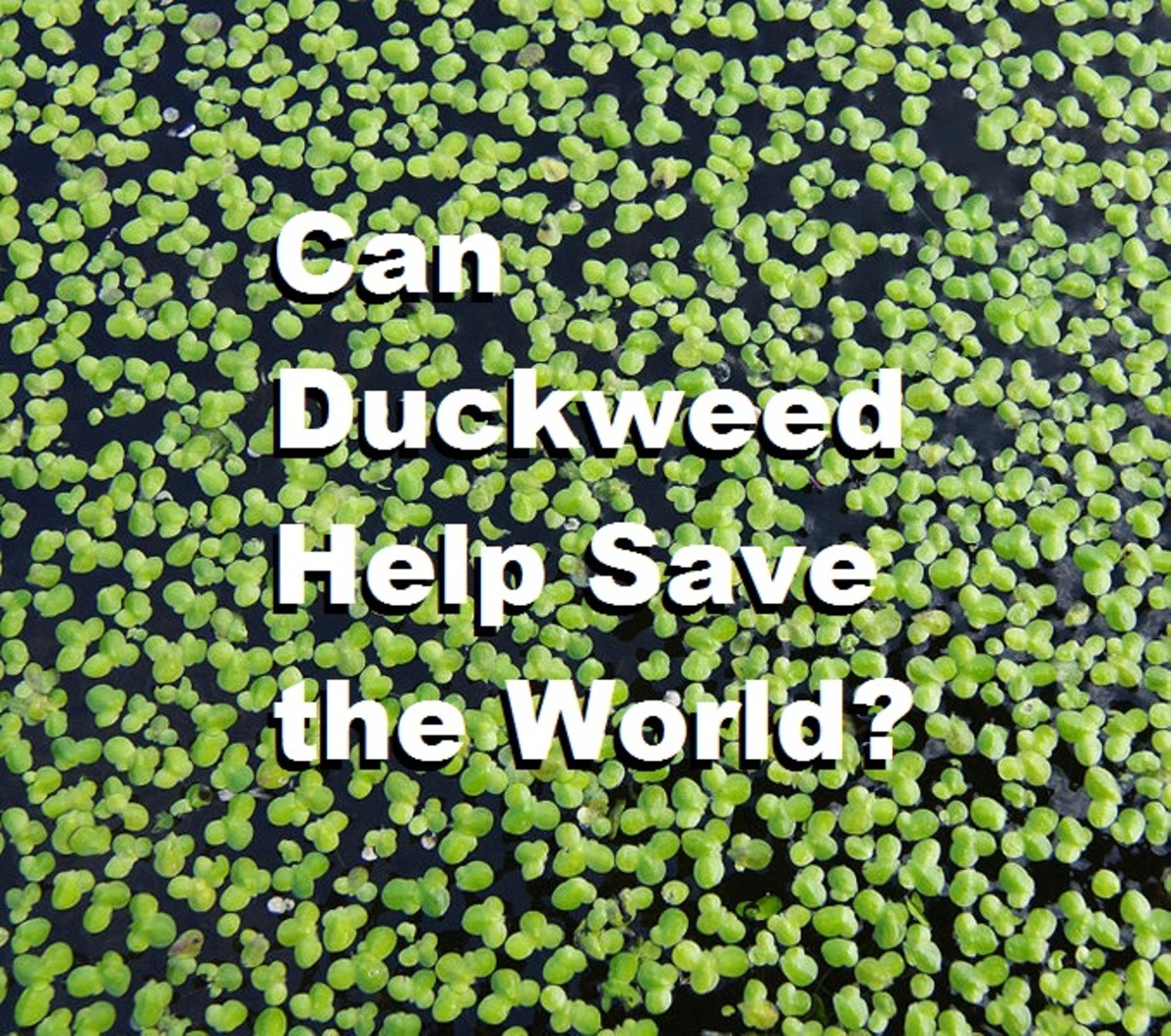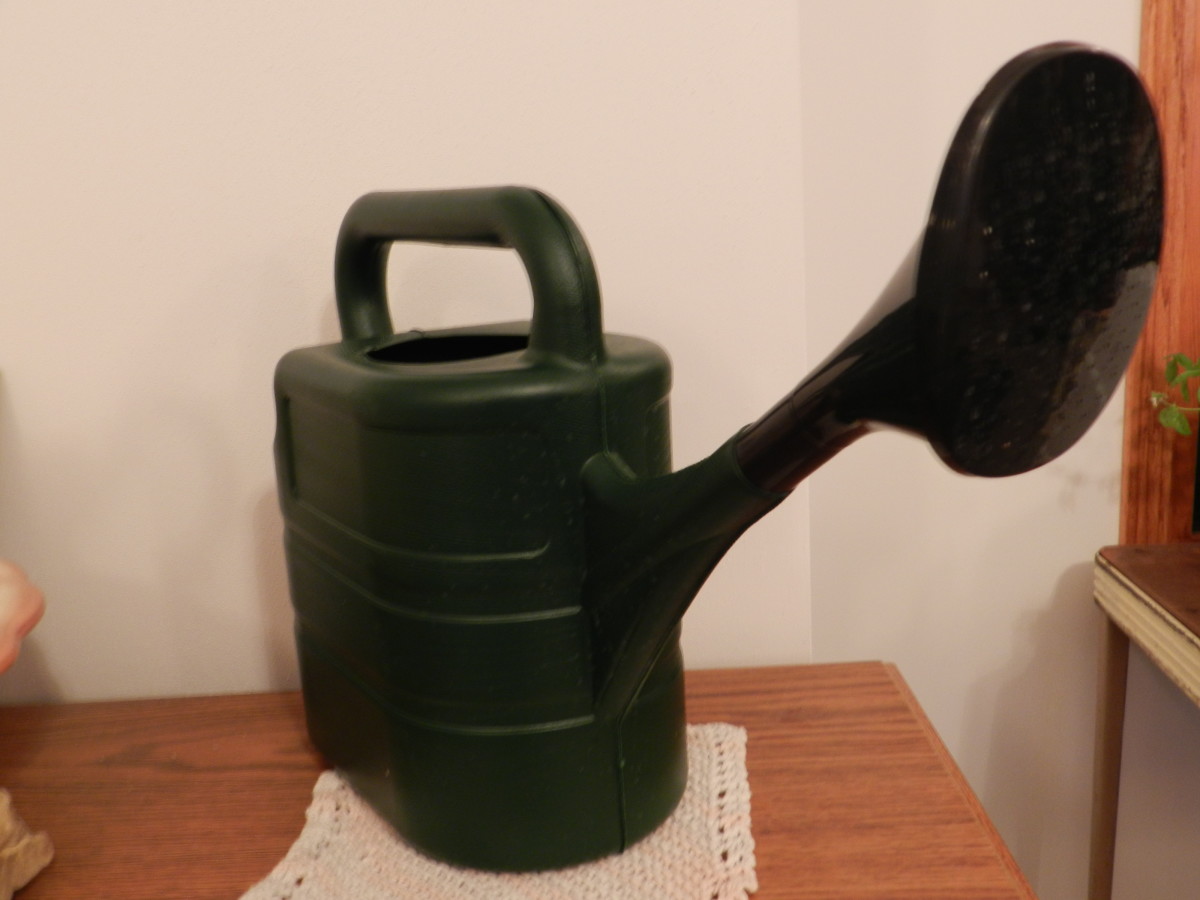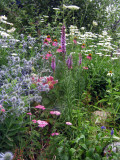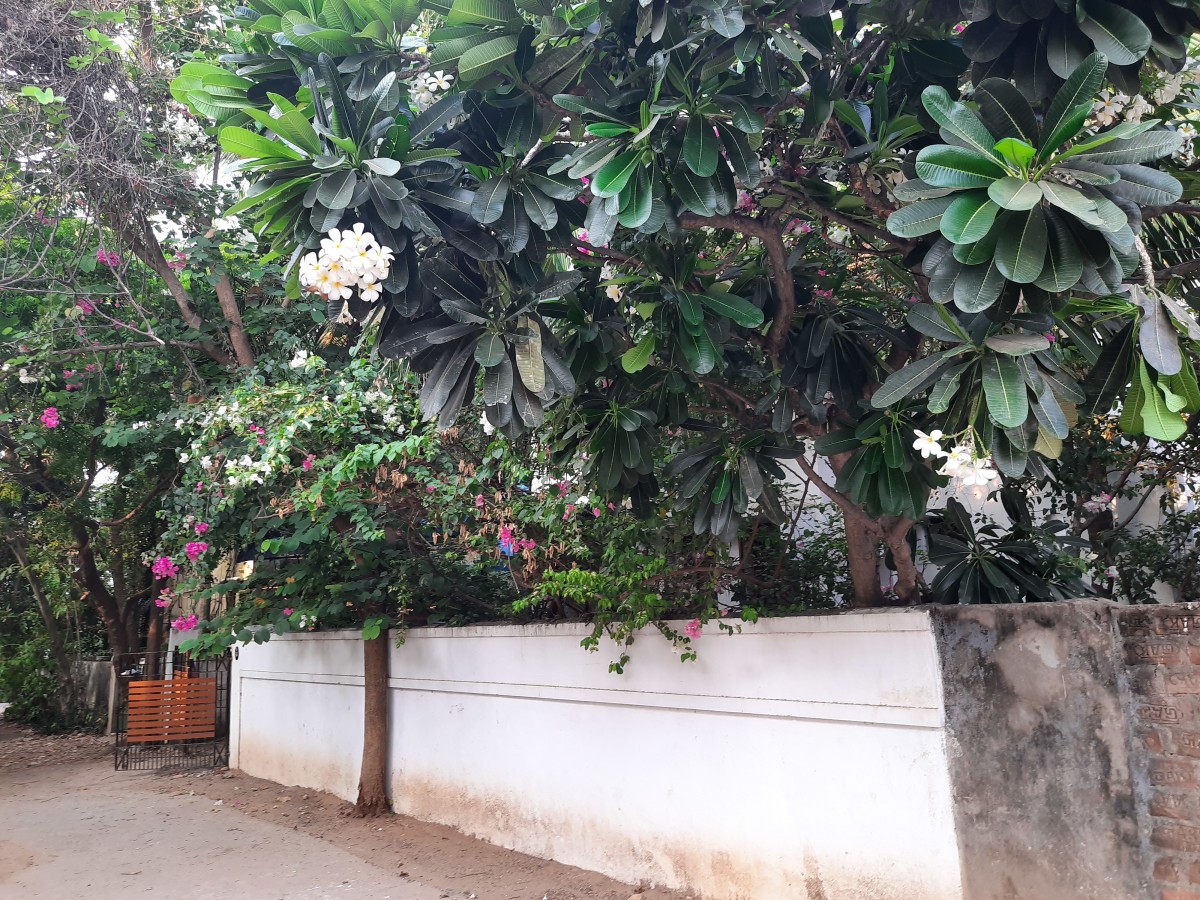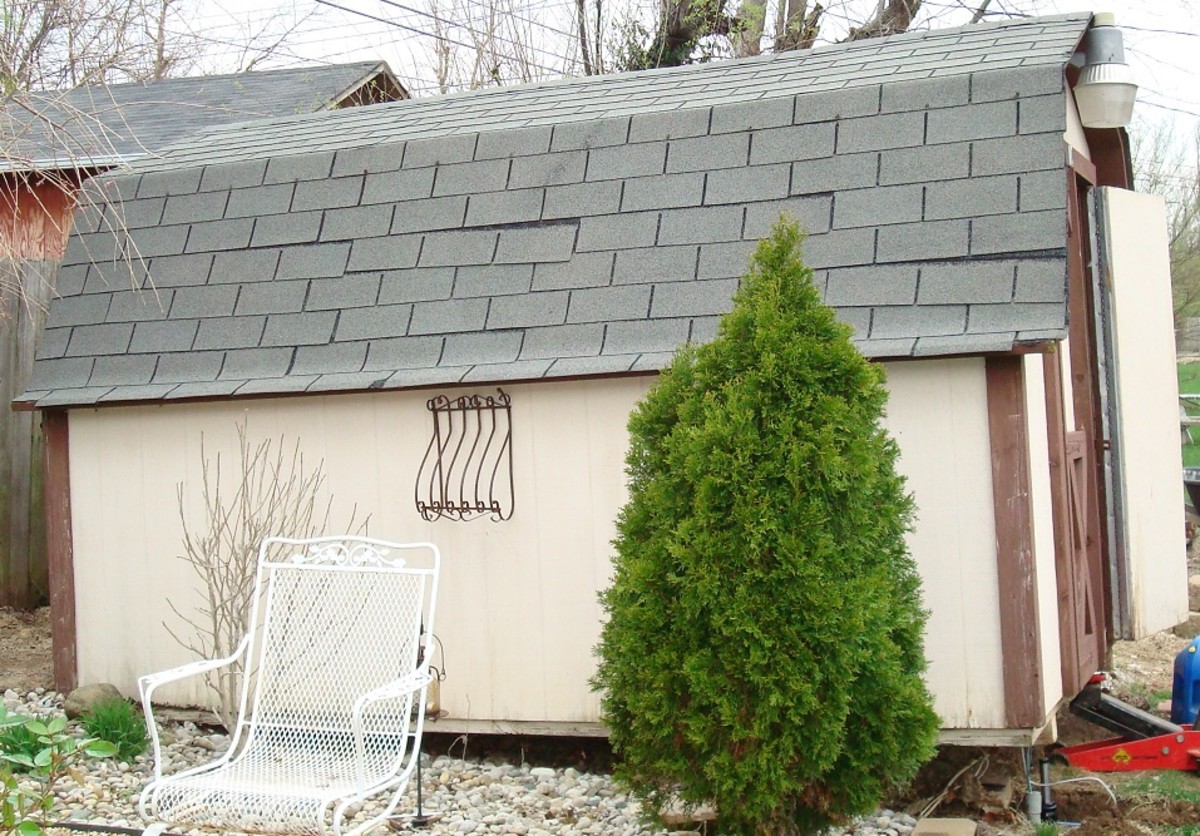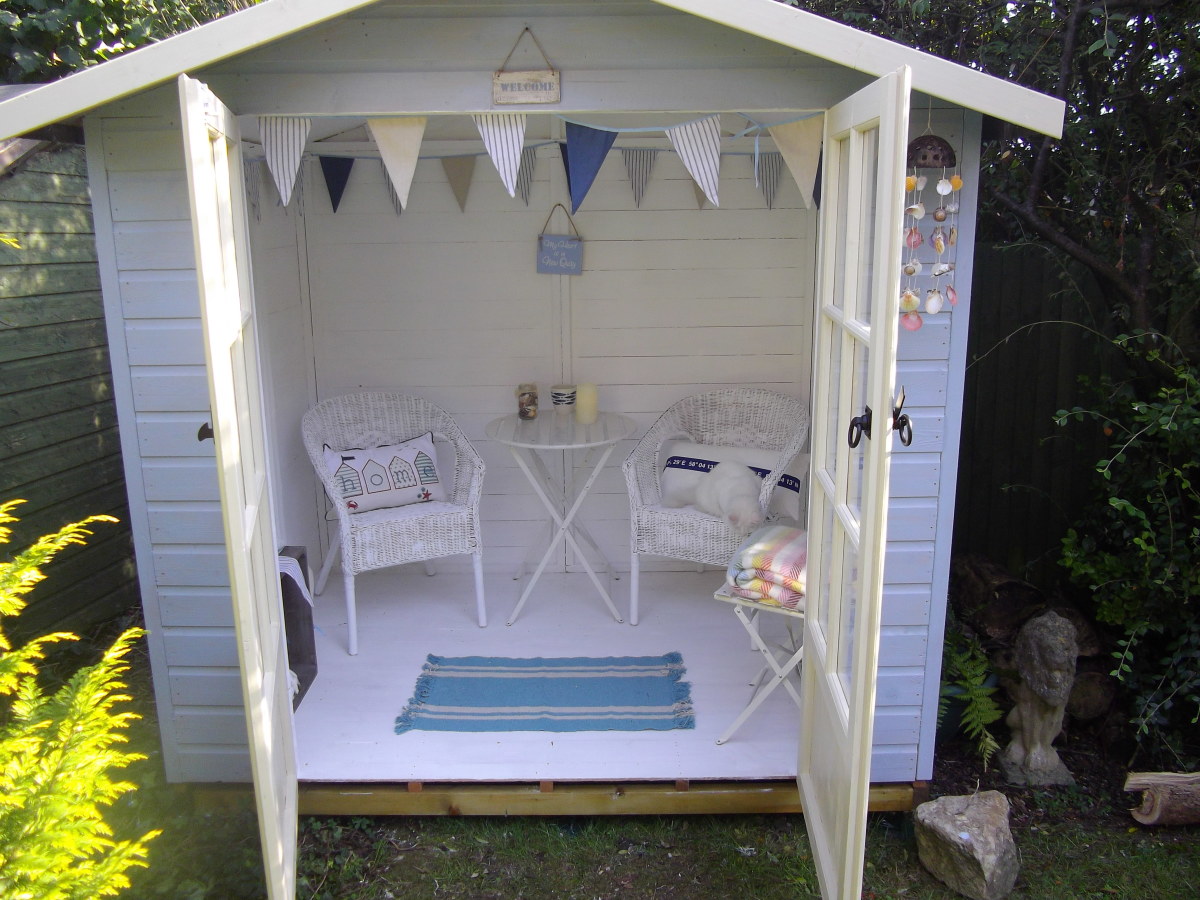Garden Water Conservation
Water-Smart Garden Landscaping
Don’t panic yet! We promise not to recommend a rock garden with cactuses. Using certain principles of water conservation and basic landscape, you can have a beautiful, cool and not excessively expensive garden. Your up front costs may be slightly more, but you will save a good deal of money in the long run with a well-planned garden.
Trying to keep up with watering a poorly planned garden especially in a particularly dry area is enough to drive one over the edge! It can become a three times a day ordeal when the wrong combination of plants are chosen for the wrong soil in the wrong zone.
There are some ways to maintain your sanity!
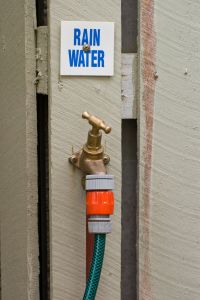
Planning for Garden Water Conservation
Some of the things you will want to consider and plan for are:
- the actual planning of the garden before you even begin the planting process will accentuate the positive (go ahead…sing it, its okay!). Be sure you are planning for the obvious like hills that may become eroded with time and too much rain by covering them with ground cover. Trees and large bushes can help retain water by shading and providing plenty of root structure in certain areas.
- understanding the soil and the soil’s contents for proper planting and fertilizing
- choosing plants and grass to better enhance and protect the landscape and conserve water where ever possible
- maintaining the landscape including mowing, trimming and feeding\fertilizing
- hardscape including the trees and larger bushes—some water conservation may need to be built into the garden from the very beginning
- watering systems including irrigation, drip watering and sprinkler systems
- mulching and other less permanent water conservation techniques
- cultural practices including traditional methods of garden care that can be a part of proper water conservation practices as well as making Mom happy!
Consider Garden Layout
First consider the garden’s bare layout.
- Do a drawing of the existing land including hardscape and trees.
- Consider areas of shade and sun as well as how the garden will be shaded in the summer as well as the winter when the leaves aren’t on the trees.
- Sun exposure will cause evaporation. The bigger problem with planning for sun exposure is it not only changes over the period of 24 hours (early morning sun, midday sun, afternoon sun…no sun) but it also changes of the course of seasons with the loss of leaves, etc.
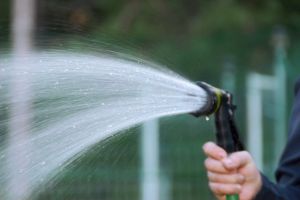
Soil Content and Analysis
Soil content is important because feeding and fertilizing in the future will be something you need to handle but even before you get to that stage you will need to plan what plants go with the type of soil you have. The soil content will effect the watering process.
The location providing the soil analysis can point you in the right direction for the right method of watering for your zone/area. Some areas or plants may do better with drip watering on a more constant basis but sun and other factors may make short bursts or longer less frequent watering more effective and healthier for your chosen plants.
Planting
Next the combination of plants and organization of the plants. Considering the zone, available plants in the particular area and the amount of space covered by which plants will make a huge difference in the amount of water needed to provide for the plants you have chosen.
- Remember that large areas of grass will require more water more frequently
- Hardscaping can effect the amount of water needed so be sure you take along a map when you are shopping for plants so that you can let the person assisting you know what they are dealing with
- Minimizing maintenance can be planned right in as well. Cutting and trimming plants will effect the amount of water needed. Any dramatic change in size of your plants will make watering a bit different.
- Also, when choosing your plants, be sure to ask about watering after trimming or cutting. Knowing the all the watering rules may keep you plants from getting funguses and other nasty illnesses that will need treatments.
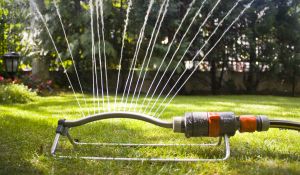
Irrigation
Irrigation, both natural and made is essential to maximizing the amount of time spent with a hose in hand. Drip watering, sprinklers and irrigation systems make the necessary manual watering much less. Plan them into both the hardscape and softscape (plants, including ground cover, pretty plants like flowers, small bushes and grass).
Mulching
Mulching creates the perfect environment for water conservation. Proper mulching holds the water, prevents evaporation and creates a nice little seal for the nasty stuff that can work its way into the dirt. In addition, I like the way many of the mulches look. The mulch you choose can effect color, styles and even the scent.
Now, here’s the fun part—cultural influences! Mom’s ideas weren’t always so far off. Occasionally some of our older family members and friends ran across various concepts and practices that really did work. Listen to what mom and grandma had to say about gardening, water conservation and fertilizing and don’t throw them out just because they were ideas from the time before synchronized, timed sprinklers.
Since most parts of the US are finding a critical shortage of easily assessable clean water, preserving, conserving, maintaining and appropriately using the available clean water seems to e the most logical. Many areas are experiencing a feast or famine cycle where clean water is readily available cheap but then later becomes critical – just about the time we have established beautiful gardens depending on plenty of water.
Extension agents are available in most areas to help you decide what, where and how to have the very best lawn or garden for your zone. They can help you decide about what plants to use, how best to conserve water and how to landscape with water conservation in mind. In addition, they may be able to give you some recommended, proven landscapers and hardscapers for your area.
- Lazy Man's Winter Garden Conserves Water
- Conserving Water In Your Flower Garden
It is possible to conserve water while still maintaining a flower garden. If your area has enacted water restrictions, or if you simply wish to conserve water and money, consider implementing one or more of...

This hub brought to you...
by Julie-Ann Amos, professional writer, and owner of international writing agency www.ExquisiteWriting.com
Why not create your own HubPages? It's fun and you can make revenue from Adsense and other revenue streams on your pages. JOIN HUBPAGES NOW
This work is licenced under the Creative Commons Attribution-Non-Commercial-No Derivative Works 3.0 Unported License. To view a copy of this licence, visit http://creativecommons.org/licenses/by-nc-nd/3.0/ or send a letter to CreativeCommons, 171 Second Street, Suite 300, San Francisco, California94105, USA.


